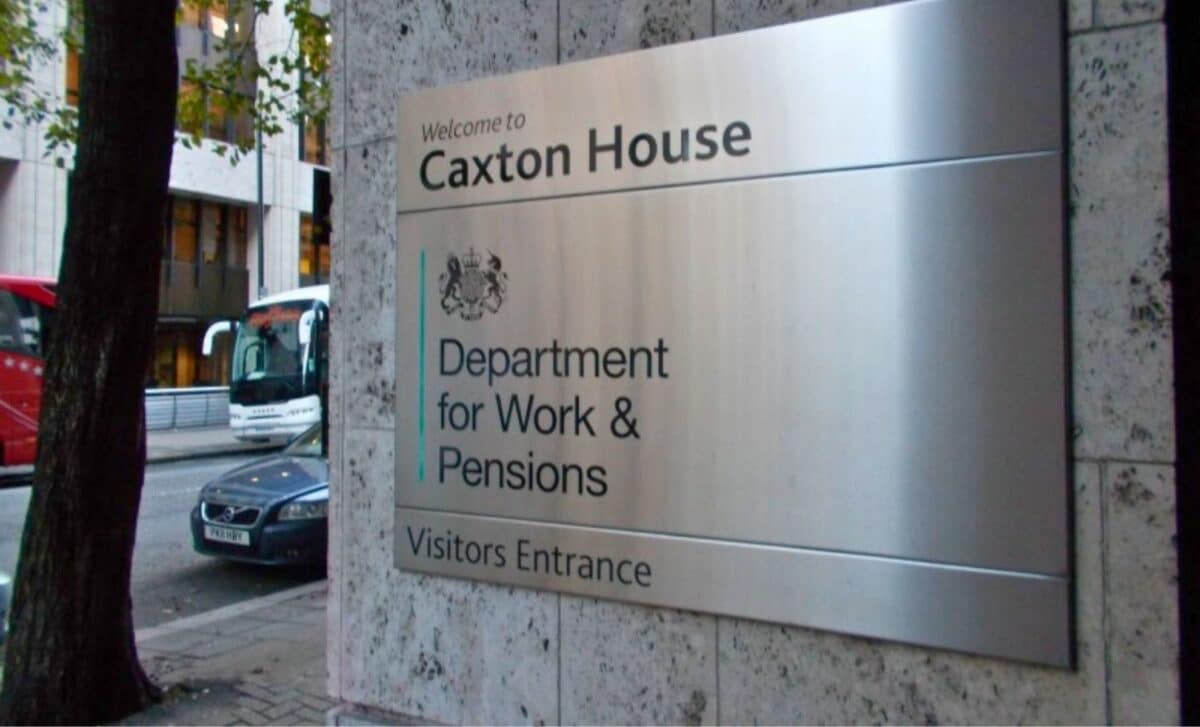The Department for Work and Pensions (DWP) has unveiled its new benefit payment rates for the 2025/2026 financial year, set to take effect in April 2025. These updates come at a time when rising living costs and economic pressures are straining household budgets across the UK. The changes, designed to align with inflation, will bring increases to a wide range of benefits.
While these adjustments aim to ease financial stress for millions of claimants, critics argue that they may not go far enough to address the broader challenges posed by the cost-of-living crisis. The updates highlight both the government’s efforts to support vulnerable groups and the ongoing pressures faced by households nationwide.
New Payment Rates Signal Relief for Many
The DWP has confirmed adjustments to benefit payments for the 2025/2026 financial year, with the new rates taking effect on April 7, 2025. These changes will include increases for a range of benefits, such as the State Pension, Universal Credit, and Carer’s Allowance, aiming to keep pace with inflation and offer greater financial stability for claimants.
The State Pension, both the new and basic rates, will rise in line with the Triple Lock policy, providing much-needed relief for pensioners grappling with higher costs of living. Similarly, Universal Credit payments will increase, offering additional financial support to low-income households during challenging economic times.
These increases reflect inflation figures from the Consumer Price Index (CPI) for September and follow government rounding policies for all benefit rates. As reported by the Daily Record, the DWP has started issuing annual uprating letters to claimants, outlining their new entitlement rates and emphasizing the importance of keeping these documents as proof for other financial support applications.
Comprehensive Overview of Benefit Increases
State Pension
- Full New State Pension: £230.25 per week (up from £221.20)
- Basic State Pension: £176.45 per week (up from £169.50)
The Triple Lock mechanism ensures pensions increase annually, based on the highest of inflation, wage growth, or 2.5%. This year’s adjustment reflects wage growth trends, providing relief to pensioners managing higher costs of living.
Universal Credit
- Standard Allowance (monthly):
- Single (under 25): £316.93 (up from £311.63)
- Single (25 and over): £400.14 (up from £393.45)
- Couple (both under 25): £497.39 (up from £489.23)
- Couple (one or both 25 and over): £628.10 (up from £617.60)
These increases are designed to alleviate financial strain for low-income families.
Attendance Allowance
- Higher Rate: £110.40 per week (up from £108.55)
- Lower Rate: £73.90 per week (up from £72.65)
This benefit supports individuals requiring varying levels of care, with increases reflecting higher living costs.
Carer’s Allowance
- Weekly Rate: £83.30 (up from £81.90)
- Earnings Threshold: £196.00 per week (up from £151.00)
The increased earnings threshold ensures that carers can work more hours while retaining eligibility.
Disability Benefits
Personal Independence Payment (PIP):
- Daily Living Component:
- Enhanced: £110.40 per week (up from £108.55)
- Standard: £73.90 per week (up from £72.65)
- Mobility Component:
- Enhanced: £77.05 per week (up from £75.75)
- Standard: £29.20 per week (up from £28.70)
Disability Living Allowance (DLA):
- Care Component:
- Highest Rate: £110.40 per week (up from £108.55)
- Middle Rate: £73.90 per week (up from £72.65)
- Lowest Rate: £29.20 per week (up from £28.70)
- Mobility Component:
- Higher Rate: £77.05 per week (up from £75.75)
- Lower Rate: £29.20 per week (up from £28.70)
Child Disability Payment
- Highest Rate: £110.40 per week (up from £108.55)
- Middle Rate: £73.90 per week (up from £72.65)
- Lowest Rate: £29.20 per week (up from £28.70)
Employment and Support Allowance (ESA), Income Support, and Jobseeker’s Allowance (JSA)
- Personal Allowance (weekly):
- Under 25: £72.90 (up from £71.70)
- 25 and Over: £92.05 (up from £90.50)
- Couples: Adjusted based on household circumstances with additional premiums.
Child Benefit
- First or Only Child: £26.05 per week (up from £25.60)
- Additional Children: £17.25 per week (up from £16.95)
This increase aims to help families with children manage inflation-driven expenses.
Pension Credit
- Single Pensioner Guarantee (weekly): £227.10 (up from £218.15)
- Couple Guarantee (weekly): £346.60 (up from £332.95)
These increases help low-income pensioners manage essential expenses while maintaining eligibility for other support schemes, such as Winter Fuel Payments.










How many carers can go out and work, I have 4 people in my house who need my help,what kind of job can I get? The extra money should be given as part of carers allowance as it’s not even enough as minimum wage.